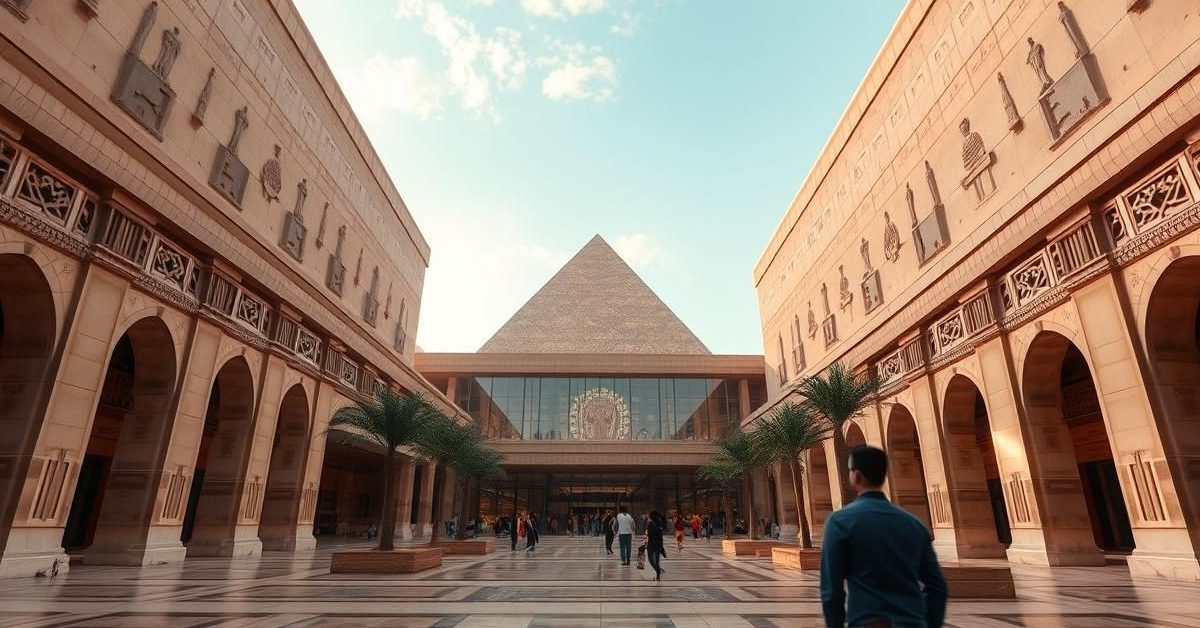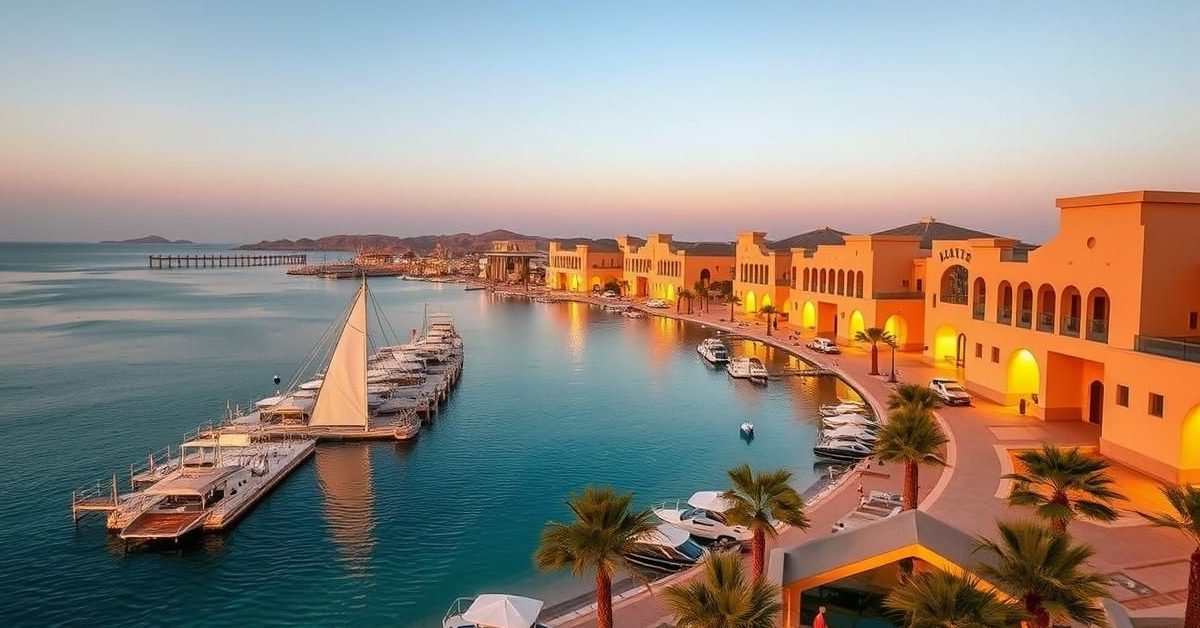The highly anticipated Grand Egyptian Museum (GEM) has faced another delay in its full opening, pushing back the dreams of a tourism boom for many local businesses and the nation’s struggling economy.
Tourism Hopes on Hold
For shop owners like Mona, located near the iconic Giza pyramids, the museum’s grand opening was a long-awaited beacon of hope. She had invested heavily, taking out a loan to renovate her shop and stock up on new goods, all in anticipation of the expected surge in visitors.
Similarly, travel agents like Nadine Ahmed planned their entire summer and fall tour packages around the museum’s launch. However, with the latest postponement, they’ve faced numerous cancellations, refunds, and route changes, resulting in significant financial losses.
A Long Road to Opening
Originally slated to fully open this month, the Grand Egyptian Museum was expected to draw up to five million visitors annually. Its main draw, the priceless treasures of Tutankhamun, remains under wraps until the official launch. Just weeks before its planned July 3rd opening, the government announced a new delay, pushing the landmark event to the final quarter of the year.
Prime Minister Mostafa Madbouly cited regional security concerns and the desire to host an event of “global scale” as reasons for the latest postponement. The vast museum, a project two decades in the making, has faced numerous delays over the years due to political upheaval, economic crises, and the COVID-19 pandemic.
Impact on Local Commerce
Local businesses, deeply reliant on tourism, have felt the sting of this repeated delay. Mohamed Mamdouh Khattab, who owns a large bazaar specializing in handcrafted jewelry and ancient replicas, prepared months in advance. He hired and trained extra staff and expanded his inventory, seeing the museum’s opening as a crucial milestone for his family’s decades-old business.
Tourism is a vital sector for Egypt, employing about 10 percent of its workforce. However, the industry has endured a turbulent period, grappling with the aftermath of the 2011 Arab Spring, militant attacks, and pandemic-induced shutdowns.
Signs of Recovery and Future Prospects
Despite the current setback, Egypt’s tourism sector has shown promising signs of recovery. In the first quarter of 2025, the country welcomed 3.9 million tourists, a 25 percent increase from the same period last year, which was already a record high.
Tour guides like Sara Mahmoud are optimistic that the museum’s eventual opening will further boost visitor numbers. She points to past major events, such as the 2021 Pharaohs’ Golden Parade and the reopening of the Avenue of the Sphinxes, which successfully generated excitement and attracted crowds.
Economists like Ragui Assaad from the University of Minnesota emphasize the potential benefits of such an initiative. Increasing foreign exchange earnings is crucial for Egypt, especially given that its currency has lost two-thirds of its value since 2022, severely impacting household budgets and the broader economy.
- The Grand Egyptian Museum’s full opening has been delayed again, now expected in the final quarter of the year.
- This delay is impacting local businesses and travel agencies that prepared for an expected tourism boom.
- Reasons for the delay include regional security concerns and the desire for a “global scale” event.
- Despite setbacks, Egypt’s tourism sector has shown recent signs of recovery, with hopes for further growth once the museum opens.
The Grand Egyptian Museum represents a significant opportunity for Egypt’s economy, and its successful launch is keenly awaited by many looking for a return to bustling tourist seasons.















